INTERVIEWS
Sharon Perrault
Interviewer: Vanessa Sicotte
Language of interview: English
Country of practice: Canada
Profession: Restorative justice practitioner at John Howard Society
Sharon Perrault has been working in restorative justice since 1987. She is the current manager of programs at the John Howard Society, an organisation that works with people who have come into conflict with Canadian law. According to Perrault, restorative means to repair, and give back, to acknowledge the harm and honour the victim/survivor. During our conversation, she talks about her experience as a parole board member, her work with the John Howard Society, as well as the spaces they use for their practices.
First, Perrault clarifies that during the last years the society has not worked with survivor-perpetrator encounters because they have focused on offering programs for offenders to connect with their own victimisation. She explains that over 85% of the offenders are Indigenous men who have survived residential schools, foster care, or physical and sexual violence. She then talks about the “stay-in” program, a transitional housing aid where participants can stay for extended periods of time.
Later, Perrault talks about the spaces for their practices. She explains the importance of circle arrangement with no obstacles in the middle, the use of stones and Indigenous medicines as centrepieces, and the decoration of walls with Indigenous symbols and a star blanket that represents a cultural recognition of their identity. According to Perrault, the spaces for restorative encounters should ideally have outdoor land with direct connection to nature, even if they are located in urban settings. She explains the perfect space should be easily accessible by public transportation, should have a sweat lodge, a place for a BBQ, picnic tables, and a neutral outdoor area where residents and facilitators could meet informally. Lastly, she talks about the importance of food sharing as an action that fosters a welcoming and nourishing environment that breaks barriers among participants.
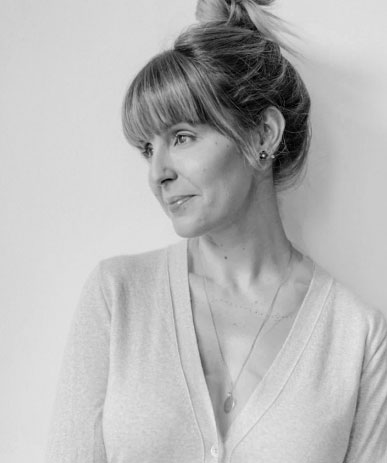
is an author, speaker, columnist, and podcaster in the fields of architecture and decorative arts. She is completing her MA in Art History at Concordia University, Montréal, and holds a Bachelor of Commerce with a major in Marketing from John Molson School of Business. She studied Industrial Psychology in Los Angeles, California. Sicotte is the author of two published books on design (2015, 2018) published by Les Éditions Cardinal.

is a Colombian PhD candidate in the Department of Art History at Concordia University. She has a background in architectural design and community activism and holds a master’s degree in Building and Urban Design from the Bartlett School of Architecture in London, England. Her interests focus on socially-engaged art, social movements, collaborative activism in post-conflict scenarios, collectively-produced art, and art produced in relation to the built environment.
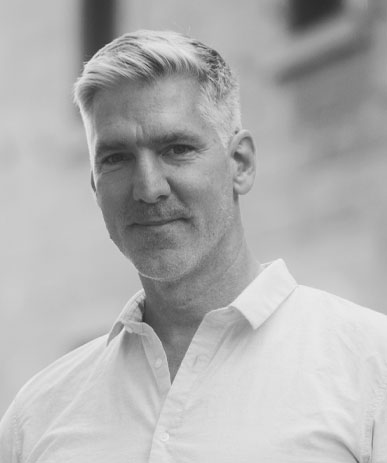
is a PhD candidate in Humanities at Concordia University. His research focuses on spatial agency, social aesthetics, youth narratives, and graphic representations of urban memory. He has published on the relationship between children, play, and public space in Cartagena, Colombia. He has also worked as an editor on literary projects, including Territorio Fértil, which received the María Nelly Murillo Hinestroza award for Afro-Colombian literature.
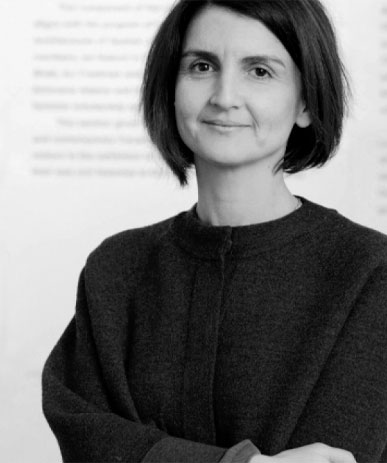
is Associate Professor and Canada Research Chair in Architectures of Spatial Justice (Tier 2) at the Peter Guo-hua Fu School of Architecture at McGill University, Montréal, Québec, Canada. Her research interests include low-income housing and participatory design, civil protest and urban design, and campus landscapes and race. Her publications include the co-edited book, Orienting Istanbul (2010) and solo-authored book, Istanbul Open City (2018).
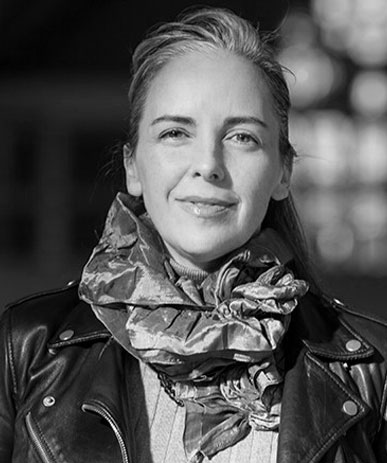
is an artist and a professor of Art History at Concordia University. Her work focuses on women and the history of the built environment, urban landscapes, research-creation, and oral history. She has published on the spatial history of the suffrage movement, public art, gardens, and the politics of urban change. In addition to her research on the spaces of restorative and transitional justice, she is leading an oral history project on the urban memories of diverse Montrealers.
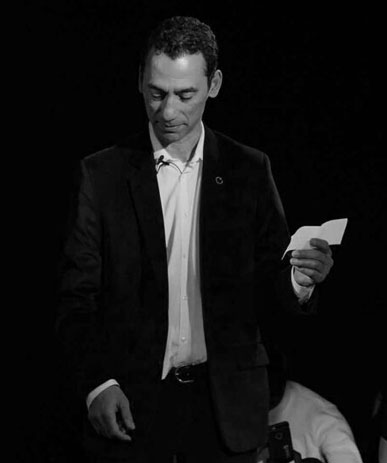
is Associate Professor in the Department of Theatre at Concordia University, Montreal (Quebec, Canada). He is also the second co-director of Concordia’s Centre for Oral History and Digital Storytelling. His latest publications explore listening in the context of post-conflict performances of memory. For instance, see ‘Facilitating voicing and listening in the context of post-conflict performances of memory. The Colombian scenario.’ In: De Nardi, S., Orange, H., et al. Routledge Handbook of Memoryscapes. Routledge: London. (2019), and his article ‘Not being able to speak is torture: performing listening to painful narratives’. International Journal of Transitional Justice, Special Issue Creative Approaches to Transitional Justice: Contributions of Arts and Culture. (March, 2020)